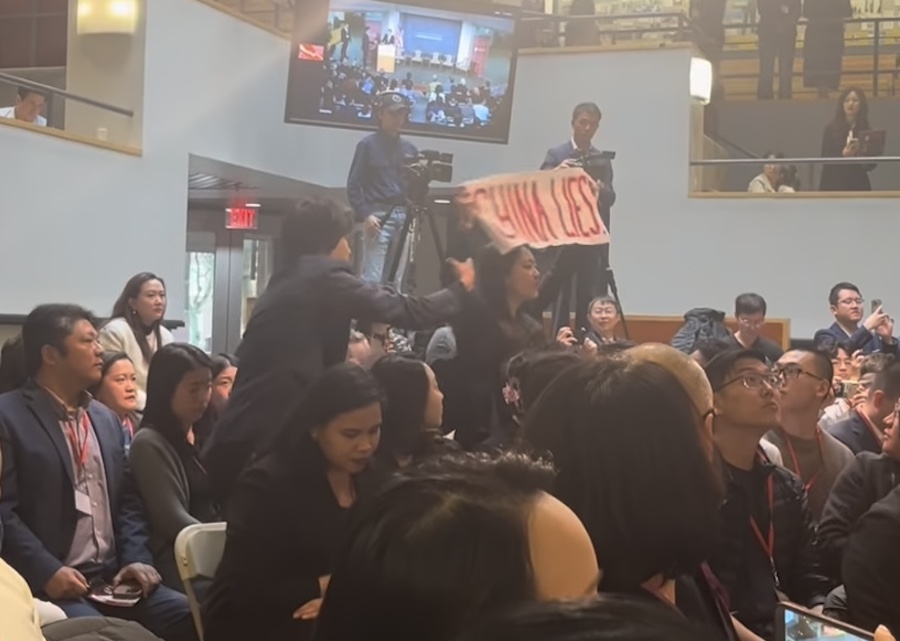Sunanda K. DattaRay
Himalayan spring
SINGAPORE – India was mending fences with China as well as Pakistan before the visit by Deputy Secretary of State Richard Armitage to South Asia this week. Given close ties and reports of nuclear and missile cooperation between Islamabad and Beijing, it would have been unrealistic of the Indian prime minister, Atal Bihari Vajpayee, to expect lasting results in his peacemaking with Pakistan if he did not also seek better relations with China.
The thaw in ties between India and Pakistan has progressed with remarkable speed since Vajpayee offered May 2 to restore full diplomatic and air links during a visit to the Indian-ruled part of Kashmir. Pakistan has matched India’s moves on air links and diplomatic ties and is pressing for peace talks to include a final settlement of the Kashmir dispute and discussion of the two countries’ nuclear arsenals.
Vajpayee’s recent overtures to Pakistan overshadowed his earlier approach to China. His surprising choice of envoy to Beijing last month was Defense Minister George Fernandes, a former Roman Catholic seminarian turned socialist who is a fervent supporter of Tibet’s exiled Dalai Lama. India’s military establishment is deeply suspicious of China’s growing military might, and Fernandes is often described in the Indian media as the most anti-Chinese member of the governing coalition led by the Hindu nationalist Bharatiya Janata Party.
In Beijing, however, Fernandes lived up to the dictum that nations have no permanent enemies, only permanent interests. He agreed with his Chinese counterpart, General Cao Gangchuan, to intensify bilateral military cooperation, take joint measures against terrorism and increase confidence-building measures along what is called the Line of Actual Control between India and Tibet. This last accord could pave the way to a settlement of a dispute with China over more than 125,000 square kilometers (50,000 square miles) of territory, which flared up in a brief but bitter border war in 1962.
Of course, there are thorny and difficult issues still to be settled with China, as there are with Pakistan. China’s motive in aiding Pakistan has been to tie India down in South Asian wrangles. India will want to be sure that the flow of nuclear and missile technology that China has allegedly been providing to Pakistan in recent years is halted for good. If China is concerned about the activities in India of Tibetan exiles, India complains that hundreds of Chinese missiles stationed in Tibet can target only Indian cities.
Hindu ultranationalists in Vajpayee’s Bharatiya Janata Party, who once objected strongly to any hint of a territorial accommodation with China, now appear to recognize that if India is to achieve its economic potential and overcome debilitating mass poverty, it must develop better relations with both Pakistan and China to allow regional trade and investment to flourish.
India and China used to symbolize alternative political paths – one democratic and the other authoritarian. Now, the competition is mainly economic, with India determined to catch China in the growth and development stakes.
The new mood is reflected in the confidence of India’s increasingly powerful business lobby. It has overcome fear of being swamped by cheap Chinese goods and no longer clamors for protection. Instead, it competes with Chinese manufacturers at home, abroad and even in China.
The writer, a senior fellow at the School of Communication Studies at Nanyang Technological University in Singapore, is a former editor of The Statesman newspaper in India.









